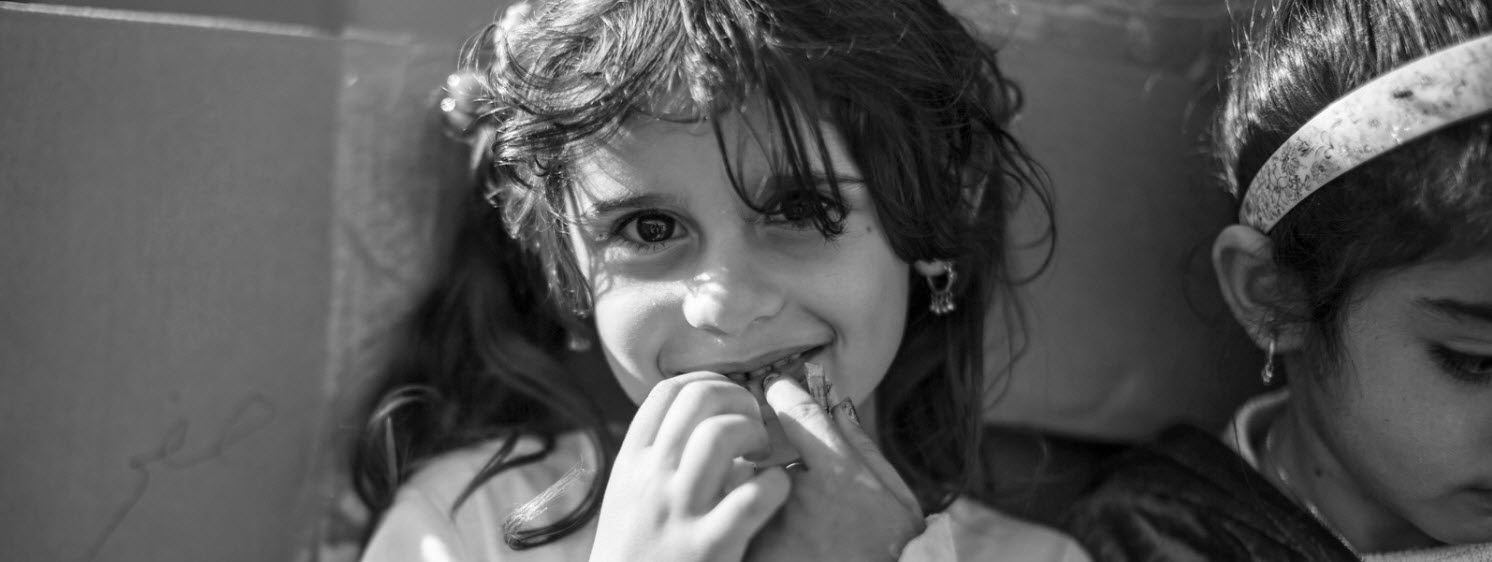
Title
Protection
Title
ProtectionWhen conflict erupts or disaster strikes, people often are in need of protection from violence, coercion and deliberate deprivation. States have the primary responsibility to protect persons under their control. In situations of armed conflict, all parties to armed conflict, whether States or organized armed groups, must respect and protect civilians, including by taking all feasible precautions to spare them from the effects of hostilities. Affected populations themselves are also key actors in their own protection.
For humanitarian organizations such as OCHA, protection is about advocating for and supporting actions that aim to reduce and prevent people’s exposure to risks and to ensure respect for the rights of individuals by those responsible, in accordance with international humanitarian, human rights and refugee law.
Centrality of protection in humanitarian action
The IASC’s Policy on Protection in Humanitarian Action (2016) and the IASC Principals’ statement on the Centrality of Protection (2013) emphasize that humanitarian actors must engage collectively to achieve meaningful protection outcomes that reduce overall risks to affected populations. Protection should inform humanitarian decision-making and response, including engagement with States and non-State parties to conflict, and be central to humanitarian preparedness efforts, as part of immediate and life-saving activities, and throughout the duration of humanitarian response and beyond. This requires a common vision and coordinated and complementary actions across sectors and mandates to tackle persistent threats. Humanitarian actors must also ensure that our own actions do not lead to or perpetuate discrimination, abuse, neglect or violence.
At country level, OCHA supports the Humanitarian Coordinator (HC) to ensure an effective and coordinated humanitarian response that aims to alleviate human suffering and protect the lives, livelihoods and dignity of affected people, including through advocacy and resource mobilization. OCHA also supports the HC to ensure that cross-cutting protection concerns are reflected and addressed across sectors through inter-cluster coordination, and that core protection priorities are identified and addressed through humanitarian assessment and strategic planning and that they inform humanitarian decision-making and response. OCHA does not implement specialized protection activities or programmes. OCHA participates in and supports the Protection Cluster, which is the primary inter-agency forum responsible for coordinating protection responses, under the leadership of UNHCR (see the Global Protection Cluster website).
At Headquarters level, OCHA contributes to the development of inter-agency protection advocacy, policy and guidance development, including through the IASC and the Global Protection Cluster, and to building inter-agency capacity on protection (ProCap). OCHA also works with the Department of Peace Operations to promote effective and appropriate cooperation on protection where UN peacekeeping operations are deployed, at both the Headquarters and field levels.
Protection of civilians in armed conflict
 Yemen is the largest humanitarian crisis in the world with close to 19 million people – two thirds of the population – in need of humanitarian assistance and protection. © OCHA/Charlotte Cans
Yemen is the largest humanitarian crisis in the world with close to 19 million people – two thirds of the population – in need of humanitarian assistance and protection. © OCHA/Charlotte Cans
The Security Council has, since 1999, considered the protection of civilians (or “PoC”) in armed conflict on its agenda. The protection of civilians is used to describe measures aimed at limiting the effects of hostilities on civilians and civilian objects in situations of armed conflict, notably through promoting respect for international humanitarian law, applicable human rights law, refugee law and UN Security Council resolutions, as well as through the range of other tools at the disposal of the Security Council.
At the normative level, significant progress has been achieved over the past decade with respect to the protection of civilians in armed conflict in the Security Council. However, this progress has not been matched with better respect of and protection for civilians on the ground. To this end, UN Secretary-General Guterres identified three issues that have emerged as priorities across conflicts in his first report to the Security Council on the Protection of Civilians in Armed Conflict, published in May 2017 (S/2017/414):
- Enhancing respect for international law and promoting good practice by parties to conflict
- Protecting the humanitarian and medical mission and according priority to the protection of civilians in United Nations peace operations, and
- Preventing forced displacement and pursuing durable solutions for refugees and internally displaced persons.
The Secretary-General’s subsequent annual reports on the protection of civilians in armed conflict cover these and other critical issues, such as conflict and hunger; the disproportionate impact of armed conflict on persons with disabilities; and civilian suffering compounded by the environmental impact of conflict and climate change. The reports point to opportunities and key actions to protect civilians on the ground, in particular: development by States of national protection of civilians policy frameworks; enhancing compliance with international humanitarian law by non-State armed groups through sustained engagement; and promoting compliance through advocacy and accountability for violations.
OCHA supports Security Council and wider UN engagement to strengthen the protection of civilians in armed conflict, including by preparing the PoC Aide Memoire guiding the Security Council’s approach to the protection of civilians. OCHA is responsible for the Secretary-General’s reports and the ERC’s briefings to the Security Council on the protection of civilians in armed conflict, and for the Secretary-General’s annual briefings to the Council on the protection of medical care in conflict. OCHA briefs the Council’s Informal Expert Group on protection of civilians on behalf of the humanitarian community, and it engages with Member States, regional organizations and other international stakeholders to advocate protection issues.








